Introduction:
Herb gardening is a fun and rewarding activity that allows you to grow your own herbs for cooking, medicinal purposes, and simply for the joy of watching them grow.
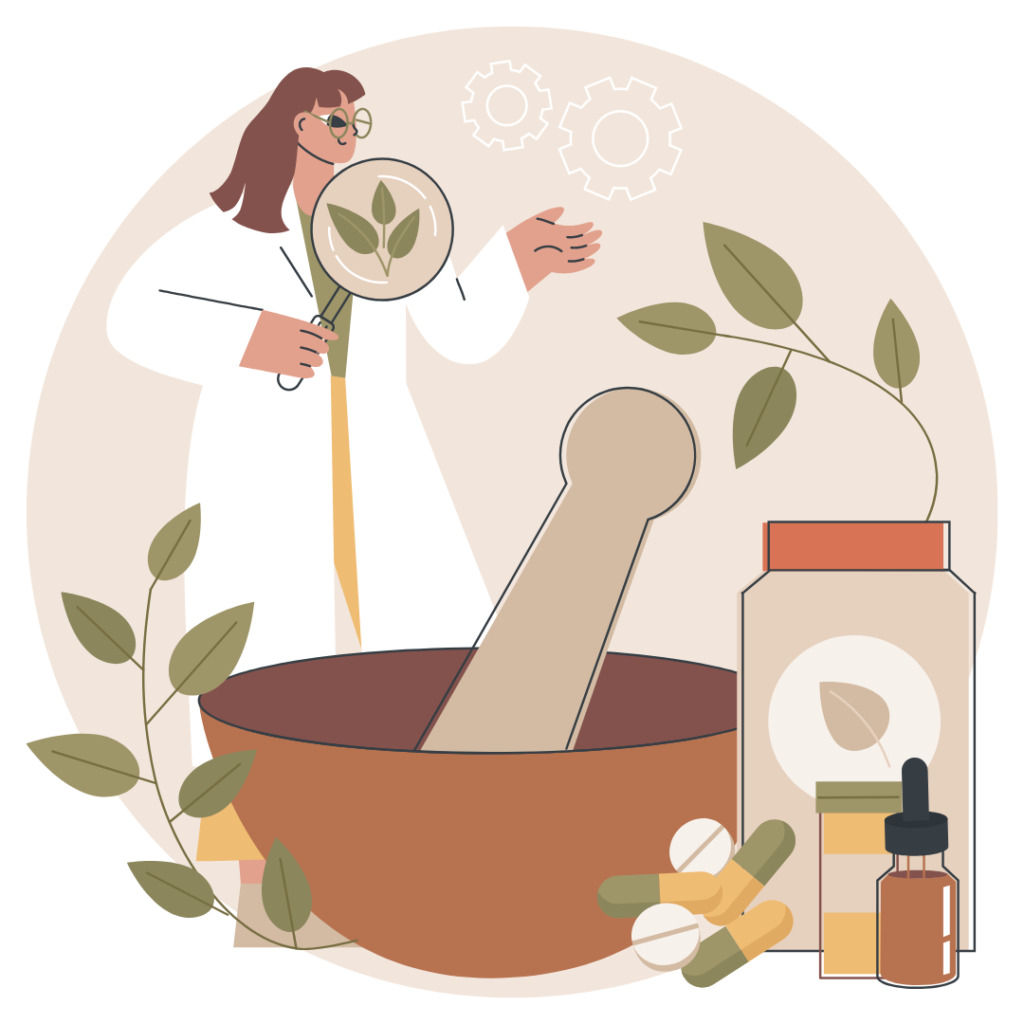
Herb gardening is the practice of cultivating herbs for various purposes, including culinary, medicinal, and aromatic uses.
It involves growing a variety of herbs, such as basil, mint, thyme, and rosemary, either outdoors in gardens or indoors in pots.
Herb gardening provides numerous benefits, ranging from enhancing the flavor of dishes to promoting wellness through the use of medicinal herbs.
Whether you’re a beginner or have some experience,
Herb gardening involves two main steps:
- choosing the right location for your garden
- Select the herbs you want to grow.
Getting Started with Herb Gardening
Herb gardening is an exciting journey into the world of fresh flavors and natural remedies.
Begin by selecting a suitable location for your herb garden, ensuring it receives ample sunlight and has well-draining soil. Whether you have a spacious backyard or limited space on a balcony, there are options for every gardener.
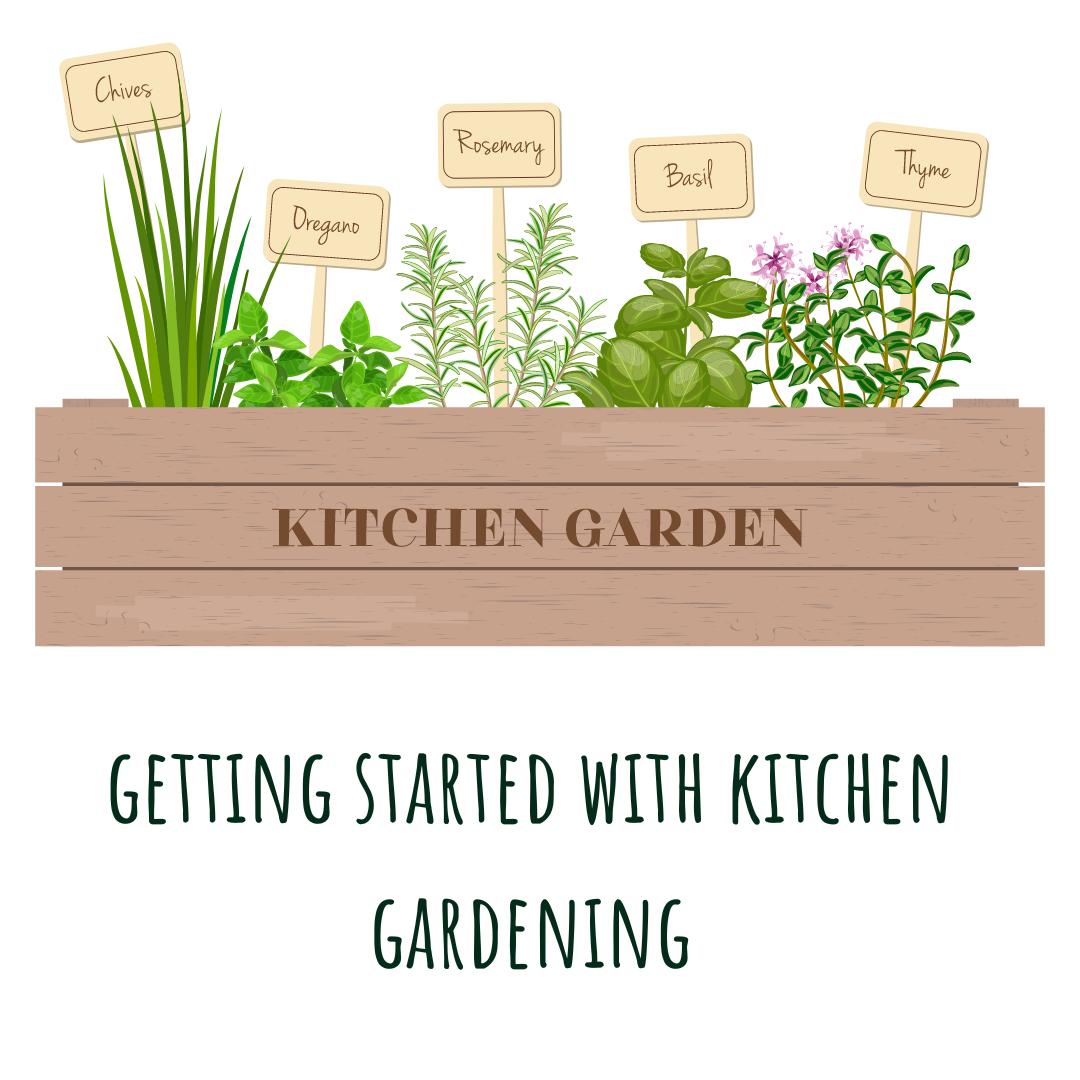
Next, choose the herbs you want to grow based on your culinary preferences and health needs. Popular choices include basil, thyme, and mint for culinary uses, while lavender and chamomile are prized for their medicinal properties.
Once you’ve decided on your herbs, acquire quality seeds or starter plants from a reputable source.
Remember to water your herbs regularly and provide the necessary care to promote healthy growth. With patience and dedication, you’ll soon be harvesting fresh herbs to enhance your meals and enrich your well-being.
Popular Medicinal Herbs
Care Requirements for Medicinal Herbs
Proper care is crucial for the successful growth of medicinal herbs.
These herbs typically require ample sunlight, regular watering, and well-drained soil.
Additionally, pest control measures may be necessary to protect the plants from insects and diseases.
Choose a Sunny Location: Select a spot near a south-facing window where herbs can receive at least 6-8 hours of sunlight daily. If natural light is limited, supplement with grow lights.
Use Well-Draining Soil: Plant herbs in pots with drainage holes using a high-quality potting mix that allows for good drainage.
Water Carefully: Water herbs when the top inch of soil feels dry to the touch, being careful not to overwater, which can lead to root rot.
Provide Adequate Air Circulation: Ensure proper airflow around herbs to prevent moisture buildup and reduce the risk of fungal diseases.
Harvest Regularly: Harvest herbs frequently to promote bushy growth and encourage new shoots.
Harvesting and Using Medicinal Herbs
Knowing when and how to harvest herbs is essential to maximize their flavor.
Harvest herbs in the morning when their essential oils are most concentrated, and use sharp scissors or shears to avoid damaging the plants.
Once harvested, herbs can be used fresh, dried, or preserved for later use in cooking or medicinal preparations.
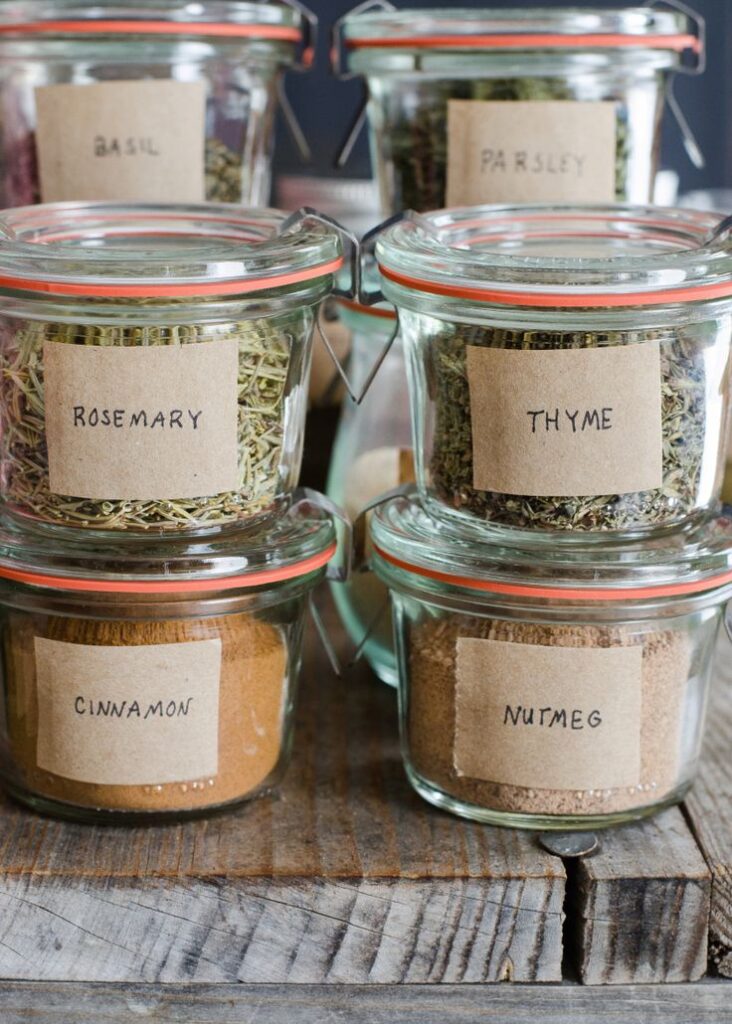


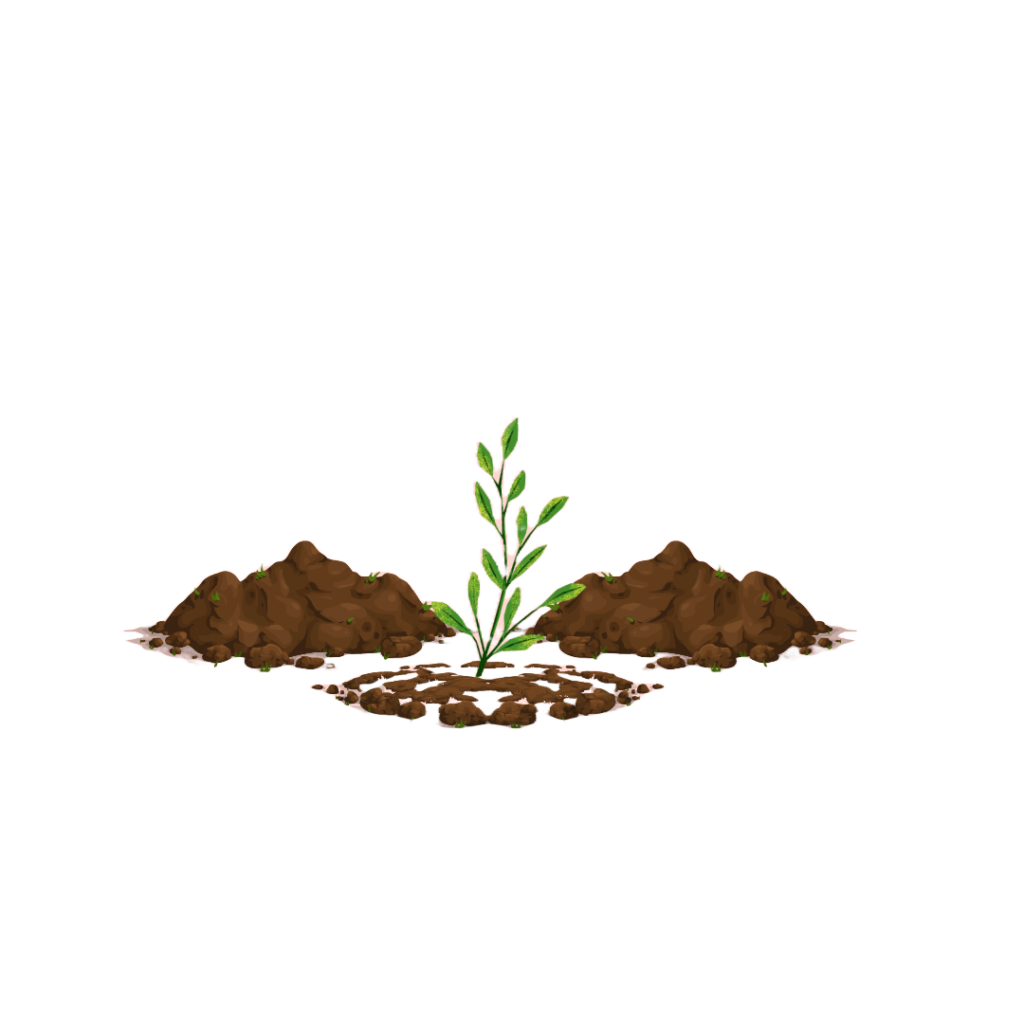

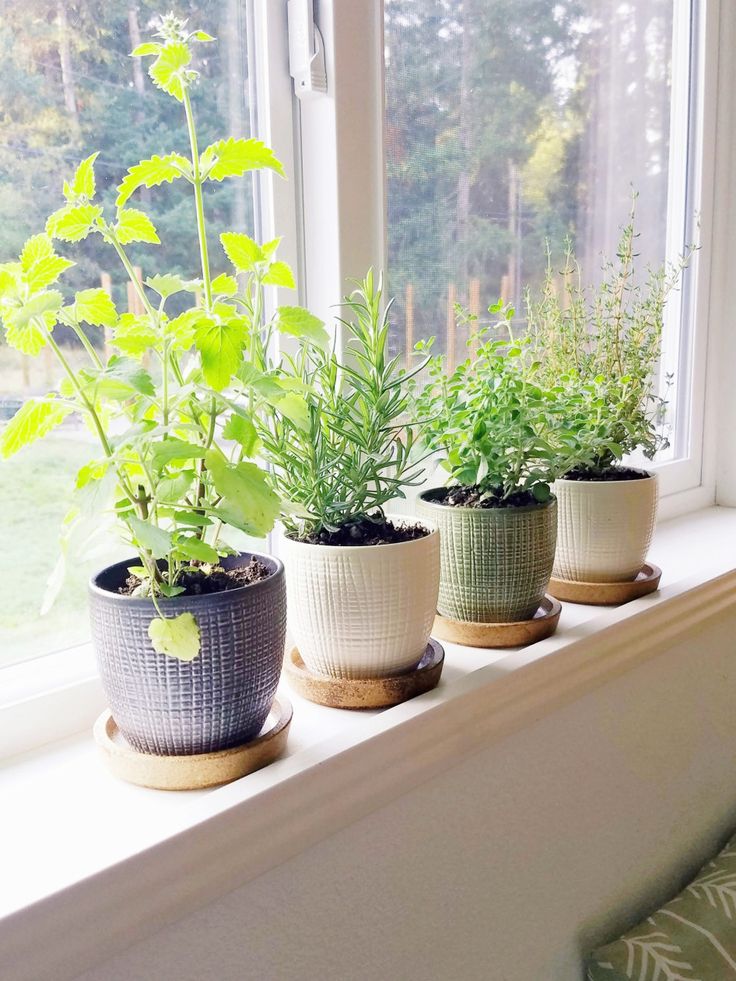

Pingback: Best vegetables and herbs to grow in your vertical garden! -
Pingback: Choosing the right plants for your vertical garden!
Pingback: When and how to harvest from your vertical terrace garden?
Pingback: How to Create a Vertical Herb Garden for Your Kitchen!
Pingback: Indoor Vertical gardening: Tips and Tricks!